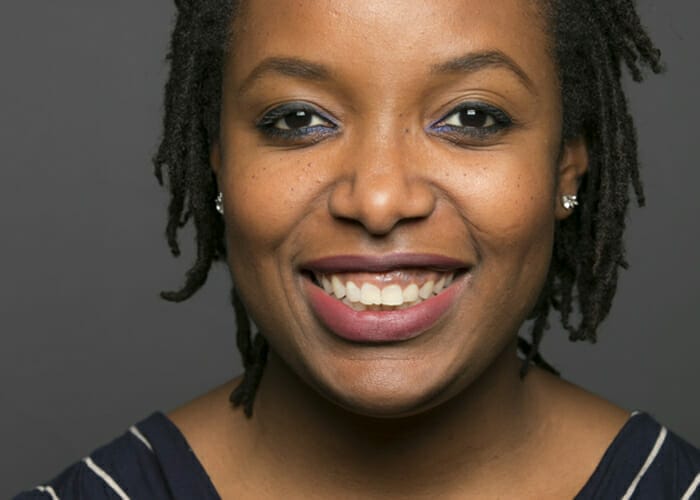Pension funds need a generation of investment professionals that are willing to be brave and less conservative than their predecessors if they are to move to the systems level perspectives on investment that is required for better returns and societal outcomes, according to the co-head of the Thinking Ahead Institute, Marisa Hall.
ESG 3.0 will require systems level thinking on investment, and intentionality to work on the system, rather than just ESG portfolio integration, she said in a Conexus Institute Exploring Big Ideas webinar.
The Thinking Ahead Institute encourages both bottom up and top down thinking to solve systemic problems and let “a thousand flowers bloom”. Its aim is to mobilise capital for a sustainable future and it sees merit in seeing the investment industry and its connected parts as a system
“We are working on ESG 3.0 around the need for systems level investing and systems perspectives on investment. As an investor you can work directly on the system which leads into better and stronger investment results,” Hall says. “What we are talking about is instead of having ESG in the portfolio we are calling for greater intentionality to work on the system, and then get additionality and value creation within your portfolio.”
She says to effect change leading pension funds are executing through multiple touch points including capital allocation and strategic tilting, engagement, bottom-up security selection and top-down systems level engagement such as influencing industry groups, looking at mandate design, longer-term time horizons, governance and organisational design.
“Pension funds need a holistic approach and a mindset that focuses on intentionality to change the system,” she says. “They need to do more than just delivering pensions for members. Delivering what’s best for your members and the sole purpose test is linked to doing good for society and the environment and maintaining that social licence to operate. How do you achieve that? You need a generation of investment professionals willing to be brave and less conservative.”
Hall says another “big idea” the Thinking Ahead Institute is exploring is the concept of value creation, and translating the measurement of ESG to what it really means to create value for different stakeholders.
“We have been working on this concept of value creation. What is value and who are you creating value for? One of key concepts is that by creating value for a particular group of stakeholders you may be destroying it for another group. Profit for shareholders and externalities an example of that,” she says. “This is what we talk about the concept of 3D investing – risk, return and impact. Every investment decision we make has an impact on society it’s just in the past we haven’t put a weighting on that. We are not just talking about impact investing but the impact of investing, of our everyday decisions.”
She says when asset owners, managers and corporates talk about creating value for clients there needs to be a fuller description of what that means, and that starts with defining the time horizon.
“For example, if you are looking at a benchmark over a year then some of that value has a risk of being reversed. We need to be more transparent about this.”
She called on investors to look at ways to translate granular ESG measurements into value creation for stakeholders, and is an advocate of integrated reporting.
“It’s the concept of double materiality, firms needing to look at how they report on financial metrics and how they create long term enterprise value creation for investors, and balancing that with the impact on people and planet. Beliefs are really important in that.”
She encouraged pension funds to think about their time horizon and the fact that sustainability and long-term value creation potentially requires tradeoffs between current and future members.
“Your role as an asset owner is to understand those tradeoffs and balance intergenerational risks and needs, and that is tied into your role as a fiduciary and also your own career risks.”



